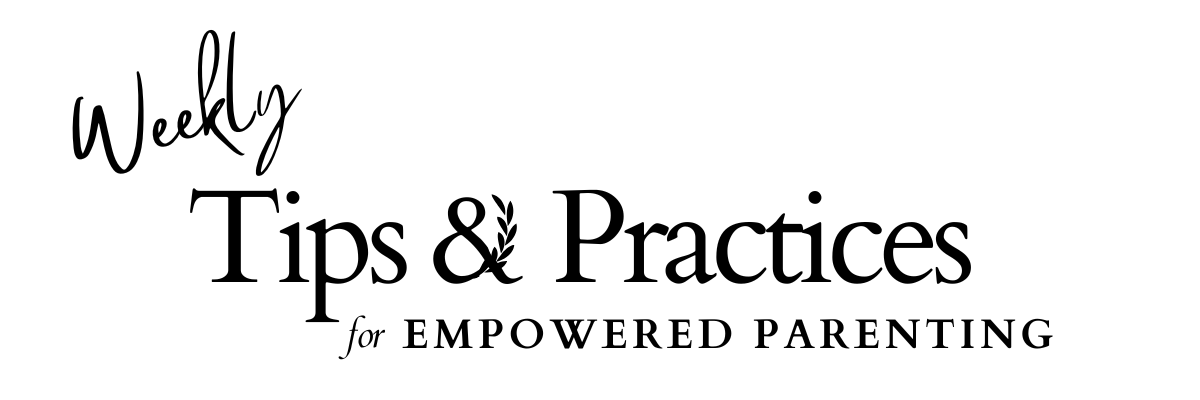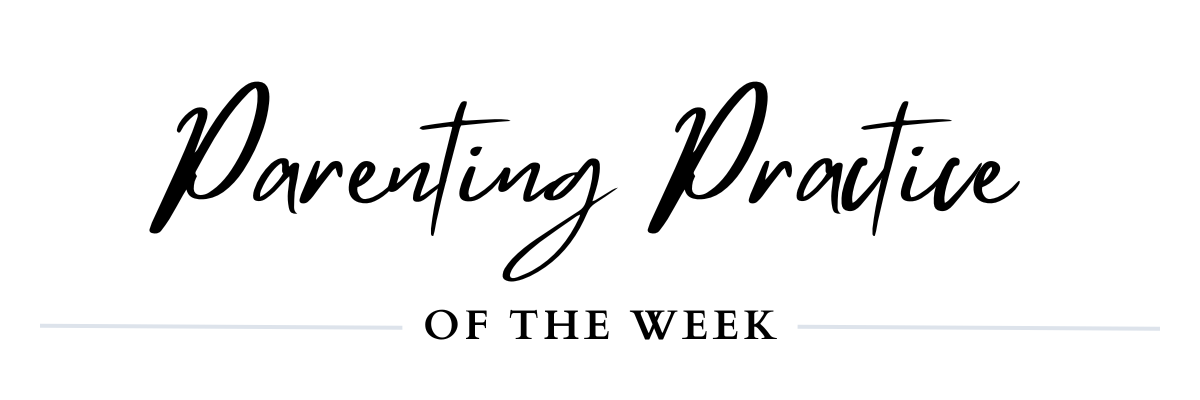When parenting feels like a public performance

Picture this: you’re at the playground.
Your child suddenly throws sand in another child’s face. The other child cries.
Your friend looks worried.
And you freeze.
Conflict everywhere:
– Between the kids.
– Between you and your friend.
– Between your values and your panic.
You tell yourself you need to get it right, and fast. Discipline your child, protect your friend’s kid, and show the strangers around you that you’ve got this.
No wonder it feels overwhelming. In our rush to fix things, we often move straight into damage control:
Blaming.
Apologizing too quickly.
Skipping over the feelings altogether.
But when we skip the feelings, we skip the wisdom too… for ourselves and our kids.

Feel First, Then Repair
We’re told to teach kids to say “sorry.” And repair does matter. But real repair doesn’t come from speed. It comes from presence.
Try this instead:
1. Pause before you act.
Take a breath. You might say: “We’re going to take a moment to feel and regroup, and we’ll come back to repair.”
2. Feel what’s present.
Notice your body. Notice your child. Do they need comfort? A cry? Simply your steady presence?
3. Repair from a grounded place.
Then circle back. “We’re sorry that happened. We’ve taken a moment, and we’d love to check in now.”
Or guide your child to make their own repair, once they’re ready.
Repair lands best when it’s real, not rushed.
Why It Works:
When we pause to feel:
- Our children learn to move through hard feelings, not avoid them.
- We model that mistakes aren’t fatal. They're human.
- We show that repair is a return to connection, not just a script to follow.
And as parents, we return to our own center so we can guide from connection, not panic.
Through the Coach Lens:
Clients often confess:
“I didn’t make my child apologize right away. I think I ruined it.”
This is where you, as a coach, can normalize the pause. Remind them:
- Good parenting isn’t about speed. It’s about presence.
- Pausing is not avoidance. It's integration.
- The moment is never lost. We can always return to it with care.
That’s the heart of empowered parenting.
Parenting in public brings pressure. But we don’t have to perform our values; we can live them.
We can pause. We can feel. And from that place, we can repair in a way that builds true trust.
Share This Article:
Curious for more?














